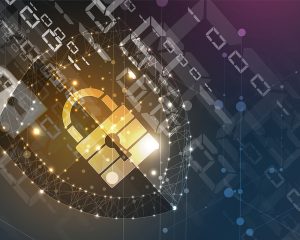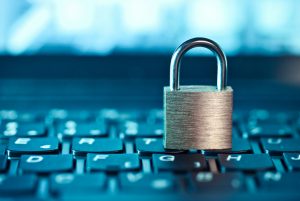There is no manual written on what to do for economic security during a pandemic. The Covid-19 pandemic was first recorded in the United States on January 13, 2020. On March 13, 2020, the President of the United States declared a nationwide emergency. Businesses were shutting down. Unemployment was high. States were struggling. People were struggling. The future was uncertain, but the U.S. government knew it needed to do something. It introduced the federally funded Pandemic Unemployment Assistance program. A program, that in short, provided an additional $600 per week for up to 39 weeks to individuals who were unemployed during the Covid -19 pandemic. It was said by many that this was a lifeline for Americans. But it seems that auditors could say this became a lifeline for fraudsters as well
In June 2022, Illinois Department of Employment Security released audit results and found nearly $2 billion of the $3.9 billion in federal money intended to help unemployed citizens of Illinois during the pandemic was lost to fraudulent claims in Illinois. Yes, one half of the federal funds were given to ineligible individuals. The audit only covered the program from July 2020 through June 2021.
Released reports show numerous possible reasons, such as lack of controls on a hastily constructed program put together by the Federal administration, failed accounting strategies, and inaccurate data records. States, like Illinois, struggled with the record high number of claims filed, described as a “crush.”
Whatever the reasons, there is one variable in the Pandemic Unemployment Assistance Program that seems consistent. Much of the fraud, $1.9 billion for Illinois, up to $163 billion estimated nationwide, involved identity theft. “Overpayments associated with identity theft and traditional fraud within the PUA program was unprecedented and resulted in fraudsters using highly sophisticated techniques to take advantage of the current economic condition created by the COVID-19 pandemic,” the audit stated. Final numbers nationwide are yet to be finalized
Big shout out to the auditors in Illinois who conducted this extremely large and complex audit.
Todays “Fraud of the Day” is based on an article, posted by Capital News Illinois, on June 27, 2022
State audit finds billions in unemployment fraud By BETH HUNDSDORFER
Bottom of Form
SPRINGFIELD — A state audit released Thursday found nearly $2 billion in federal money intended to help unemployed Illinoisans during the pandemic was lost to fraudulent claims in Illinois.
The Illinois Department of Employment Security blamed “insufficient and flawed federal guidance” and a lack of controls on a hastily constructed program put together by the Trump administration.




